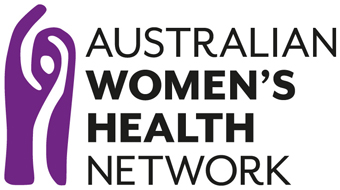The Path to Justice: Migrant and Refugee Women’s Experience of the Courts
Publisher: Judicial Council on Cultural Diversity, 2016
Status – CURRENT
In 2015, the Judicial Council on Cultural Diversity identified the need to develop a national framework aimed at strengthening the capacity of the Australian court system to provide access to justice for women from culturally and linguistically diverse backgrounds, including Aboriginal and Torres Strait Islander women.

